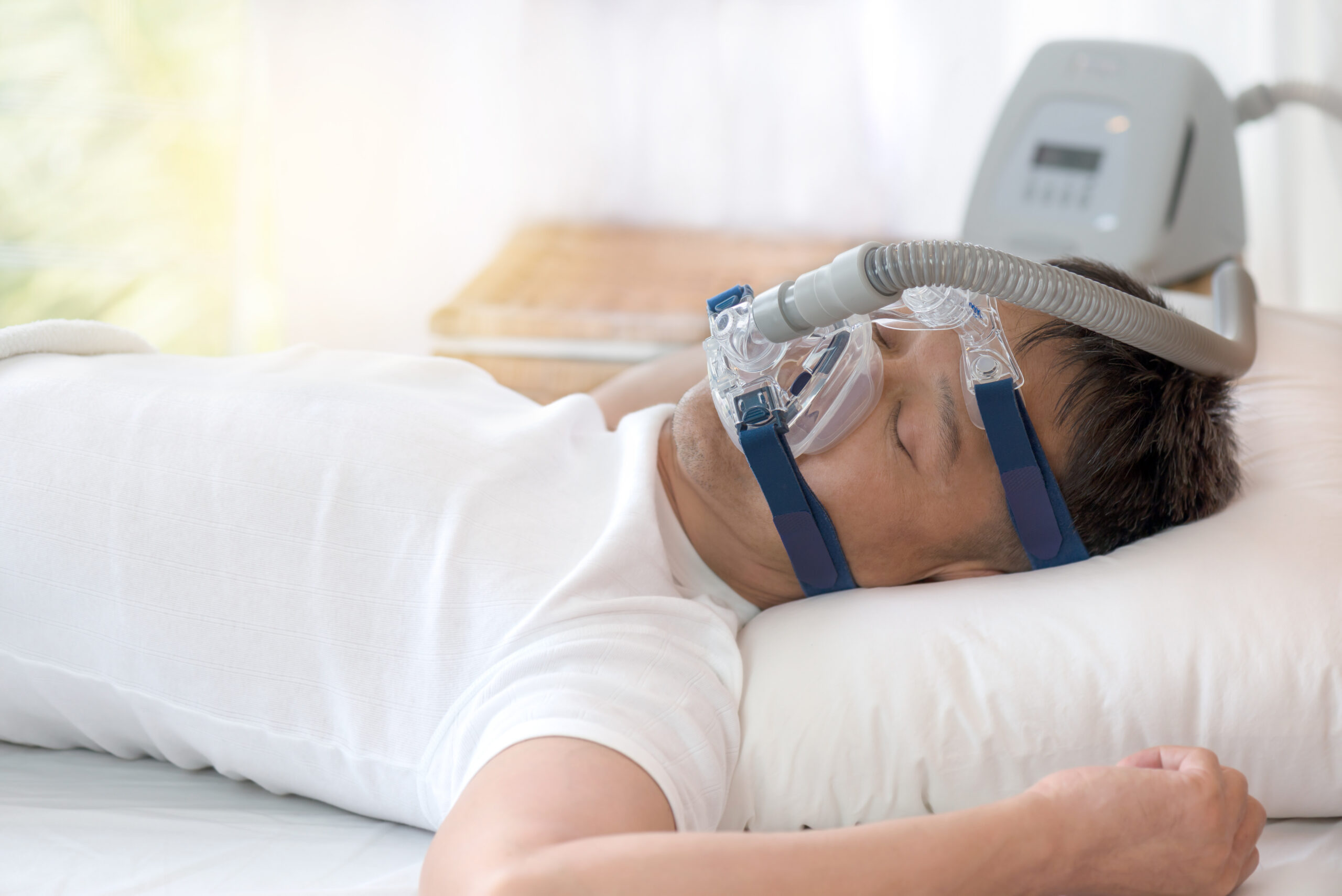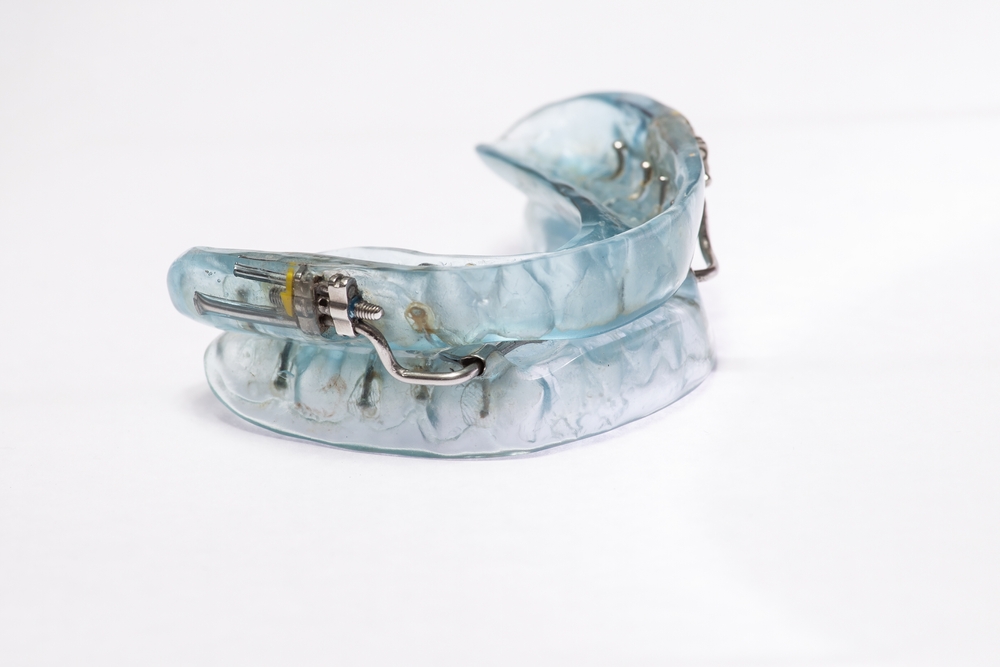You’re not alone if you or someone you know snores. In fact, it is estimated that more than one-third of adults between the ages of 30 and 60 snore habitually.
Snoring is the sound produced by resistance of airflow when you breathe. When you inhale or exhale, air passes by the tissues in the back of the mouth and upper throat. When you’re asleep, the tissues slacken and vibrate, making a whistling, snorting, or rumbling sound.
Snoring can happen by itself and may not be a reason for concern, but it may be bothersome for bed partners or other people in the household.
Common causes of snoring include nasal congestion, inflammation, poor upper airway muscle tone, and narrowed facial bone structure. Snoring can also be related to a medical disorder, such as obstructive sleep apnea or a hormone imbalance.
A number of strategies and tips are available for people who want to stop snoring. Changing certain sleep or lifestyle habits can often minimize snoring, and when needed, medical care can help identify and treat an underlying cause of snoring.
Change How You Sleep
Sometimes snoring can be prevented with simple modifications to how you sleep.
Sleep on Your Side
Sleeping on your back can increase risk of snoring or sleep apnea. When lying on your back, gravity pulls down on tissues around your throat, making them more likely to block your airway. To avoid this and reduce the chances of snoring, try to sleep on your side.
Different approaches, such as using a supportive pillow or positional therapy apparatus, may help if you are not used to sleeping on your side.
Elevate Your Head
Sometimes you can lower the intensity of snoring by changing the position of your head and neck while sleeping. It is typically best to avoid a chin-to-chest position, which constricts the airway.
Instead, try to lift your chin and extend your neck. This should involve support for your head and the groove in the back of your neck. A head-positioning pillow that has special contours may help. You can also try rolling up a towel and placing it at the base of your pillow to get more support for this head placement.
If you have a neck or spine injury, make sure to talk with a doctor before trying to adjust your head positioning during sleep.
Open Your Nasal Passages
Inflamed or blocked nasal passages and sinuses are potential causes of snoring, so taking steps to reduce congestion may help reduce snoring.
Nasal strips and dilators can help open your nasal passages. These are stiff adhesive bandages and devices that go on the bridge of your nose and may help keep the upper part of your nostrils open. Nasal strips are only worn externally, while nasal dilators come in both external and internal forms.
Medicines that alleviate inflamed nasal passages, such as nasal sprays, may cause a short-term decrease in inflammation that contributes to snoring. However, it is not recommended to use a nasal decongestant spray for more than two or three days because too much of it can actually cause more nasal congestion.
Anti-Snoring Mouthpieces
If other therapies do not resolve snoring, then another option is an anti-snoring mouthpiece. These devices, sometimes called mouthguards or oral appliances, are worn during sleep and are designed to reposition the lower jaw, back of the mouth, or tongue so that they do not block the airway. In this way, the mouthpiece reduces the chances of snoring.
There are different kinds of anti-snoring mouthpieces. It is important to find the right type and size of mouthpiece, so consider consulting with a dentist about the kind that will provide the best fit and be the most likely to reduce your snoring.
Change Your Routine
Several lifestyle changes outside of the bedroom can help reduce or eliminate snoring.
Try Mouth and Throat Exercises
Exercise strengthens muscles in the body, and specific exercises may tone the muscles in your mouth and throat to help keep them from obstructing your airway during sleep. Studies suggest that this may reduce the intensity of snoring.
Examples of things that can help exercise your mouth and throat muscles include singing or playing the didgeridoo, an Indigenous Australian musical instrument. You can also ask your doctor or dentist for a referral to a specialist who can introduce a series of specific exercises (myofunctional therapy) intended to strengthen the muscles around your airway.
Limit Use of Alcohol and Sedatives
Drinking alcohol and taking sedatives have been linked to snoring.
It is believed that alcohol and sedatives temporarily reduce muscle tone of the tongue and other muscles around the upper airway. As these muscles relax and slacken during sleep, they reduce the diameter of the upper airway and are more prone to block air and vibrate, creating snoring sounds when you breathe.
As a result, limiting or eliminating both alcohol and medicines that make you drowsy in the hours before bedtime may help reduce snoring.
Maintain a Healthy Weight
Maintaining a healthy weight can help reduce the amount of tissue in the neck that can narrow the airway and contribute to snoring. Steps that can help maintain a healthy weight include:
- Getting physical activity or exercise on a regular basis
- Eating a balanced diet
- Trying to limit stress
- Getting plenty of quality sleep each night
Achieving and maintaining a healthy weight is often challenging, and it may be helpful to talk with your doctor or a registered dietician for tailored advice. Many individuals and organizations can also provide support in establishing healthy diet and exercise habits.
Stop Smoking
Smoking has been associated with an increased likelihood of habitual snoring. This may be related to nasal irritation and congestion from breathing in cigarette smoke, which can also affect people who are exposed to secondhand smoke.
Seek Medical Treatment
If sleep habits and lifestyle changes do not get rid of snoring, then medical treatment may be needed for snoring that disrupts sleep and quality of life.
A doctor can assess your situation and discuss the pros and cons of different treatments for habitual snoring. Depending on the causes of snoring, there are several types of medical approaches that may be beneficial.
Treat Allergies
Particles in the air such as dust, pollen, and mold spores are common triggers of allergies. Allergies can cause nasal inflammation and nasal congestion, which in turn increase snoring.
By treating seasonal allergies, you may also be able to treat snoring. Nasal sprays and other prescription or over-the-counter drugs are potential treatment options for allergies that affect the nose. In addition, as a preventive measure, you can try to avoid allergens by wearing a face mask when outside and keeping windows closed during allergy season.
Your doctor or an allergist can offer more specific recommendations for reducing congestion related to allergies.
Address Persistent Nasal Congestion
One treatment for frequent snoring is to try to reduce nasal congestion. Nasal congestion can arise for various reasons, such as viral infections, and play a role in snoring. Different types of medications and nasal sprays may be able to alleviate a stuffed-up nose.
Medical Implants and Surgery
When other therapies do not stop snoring, medical procedures may be an option if snoring is related to anatomical features of the nose, mouth, or throat that restrict airflow when breathing.
For example, a procedure called somnoplasty uses radiofrequency energy to shrink the volume of the area at the back of the roof of the mouth known as the soft palate. This medical procedure is considered safe and minimally invasive, but the results may not be long-lasting.
Other types of surgical operations may be possible to remove growths in the nose, known as nasal polyps, or other tissues that can exacerbate airway resistance and snoring.
In 2021, the FDA approved a mouthpiece that sits around the tongue and delivers electrical stimulation. The device is used while awake for 20 minutes a day for six weeks and then once a week after that. The goal of the device is to strengthen the tongue muscle so that it is less likely to draw back into your airway when you’re asleep.
A doctor or surgeon is in the best position to describe these procedures in more detail and address whether they may be helpful in reducing snoring in your specific case.
Testing for Sleep Apnea
Snoring is a common symptom of obstructive sleep apnea (OSA), a disorder where breathing is repetitively disrupted during sleep. While snoring doesn’t necessarily mean OSA, habitual snoring can be related to OSA.
You should talk with your doctor if you or a bed partner notice any of the following symptoms in addition to habitual snoring:
- Snoring that is very loud
- Significant daytime sleepiness
- Gasping or choking sounds during sleep
- Frequent morning headaches
- High blood pressure
Your doctor can determine whether to recommend a sleep study, which can be used to diagnose sleep apnea. Treatments for OSA, such as continuous positive airway pressure (CPAP), nerve stimulator devices, and ENT procedures, are usually also effective for treating snoring.









